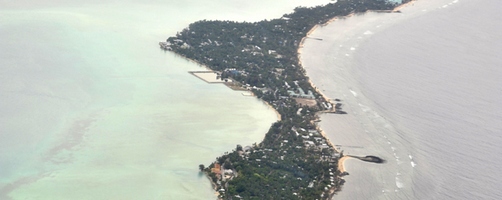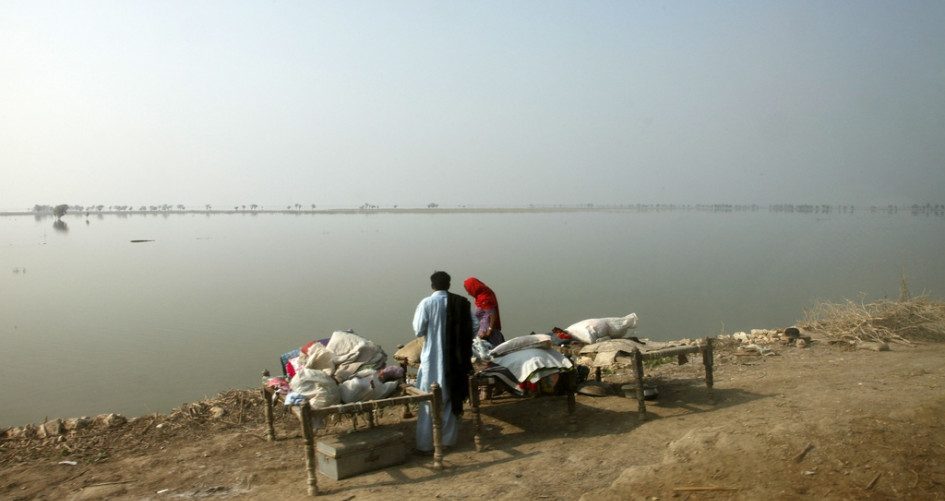The effects of climate change are on the increase and no part of the world is immune. Newly released data suggests that South Asia could be particularly badly hit if the world continues on its current fossil-fuel intensive path. Climate change impacts stand to slash up to 9% off the South Asian economy every year by the end of this century, and the human and financial toll could be even higher if the damage from floods, droughts and other extreme weather events is included.
The figures are contained in a groundbreaking report from the Asian Development Bank (ADB) entitled 'Assessing the Costs of Climate Change and Adaptation in South Asia'. The report predicts that by 2050, the collective economy of six countries—Bangladesh, Bhutan, India, the Maldives, Nepal and Sri Lanka - will lose an average 1.8% of its annual gross domestic product, rising to 8.8% by 2100.
The impact and cost of climate change in South Asia will depend largely on how the global community tackles the issue, according to the report. If countries around the world act together to keep the rise in global temperatures below an average 2°C, then South Asia’s economy would only be reduced by 1.3% annually by 2050 and 2.5% by 2100, and the cost of protecting itself from the worst of the impacts would be nearly halved. The report is a clear call for action to governments as they prepare to reach a new, universal climate agreement in Paris in 2015.
There is growing awareness of the need for countries to prepare for and respond to the impacts of climate change. Adaptation is a very important element of the UN climate change negotiations and many important steps have been taken in the development of the adaptation regime under the UNFCCC. These include three key milestones: the Least Developed Countries Work Programme, the Nairobi Work Programme and the Cancun Adaptation Framework.

The Maldives, among the six countries cited in the ADB report, is one of the Small Island Developing States (SIDS) which are particularly vulnerable to the impacts of climate change, such as rising sea levels. The Third International Conference on Small Island Developing States taking place from 1-4 September 2014 in Apia, Samoa, will address these dangers and the means to address them. Some interesting examples of adaptation action in SIDS can be found here.
Further examples of adaptation action in South Asia are highlighted by the UNFCCC secretariat's Momentum for Change initiative. Climate Change Adaptation and Disaster Risk Reduction in Bangladesh, for example, is a women-centered initiative that helps communities in Bangladesh adapt to climate change by addressing extreme weather conditions. The initiative, implemented by ActionAid Bangladesh, brings together groups of women who lead vulnerability assessments of climate risks, then identify and implement action plans.
Read more
